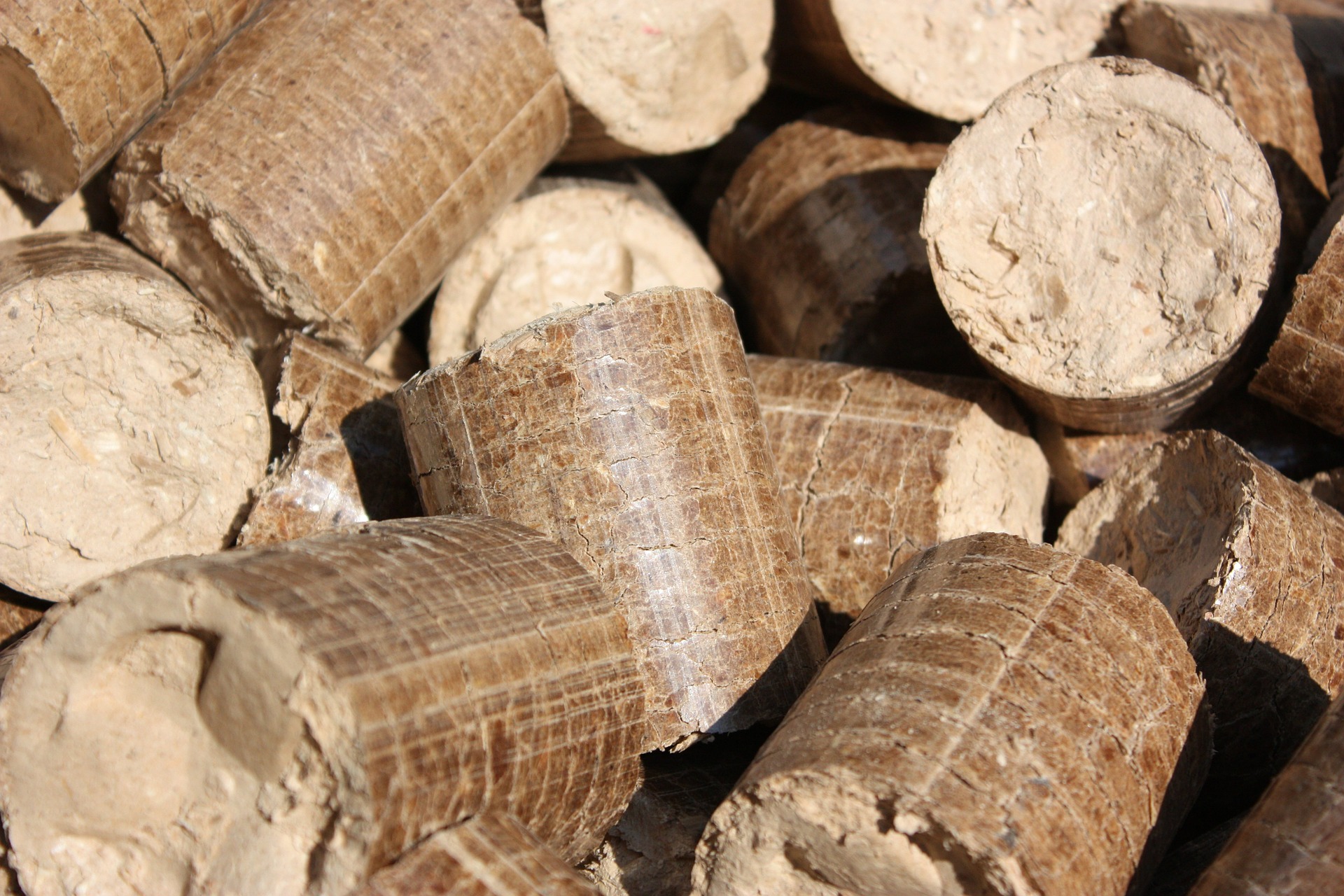The global landscape is in a state of perpetual transformation, and as a result, the demand for sustainable energy sources is on the rise. Among the frequently disregarded, yet highly profitable undertakings in this domain is the wood charcoal briquette enterprise. Not only is this venture financially rewarding in its own right, but its offerings are also an indispensable resource for numerous industrial sectors, particularly those in metallurgy and chemical industries.
Market Demand for Briquettes
With the increasing demand for eco-friendly fuel alternatives, briquettes have carved a niche in both residential and industrial sectors. Their low ash content and high heating value make them a preferred choice over traditional fuels.
Cost of Starting a Briquette Business
Starting a briquette business requires a moderate initial investment in machinery, raw materials, and marketing. However, the ROI, especially in regions with high demand for green fuels, can be significant.
Potential Return on Investment
Briquette businesses often enjoy a high return on investment, especially when they tap into the right market segments, offer quality products, and optimise production costs.
Materials for Briquette Making
A variety of biomass materials can be transformed into briquettes.
- Commonly Used Biomass
Wood chips, sawdust, rice husk, and even agricultural residues are commonly used for briquette production.
- Sustainability of Materials
One of the upsides to briquette making is the sustainable nature of its raw materials. Most are agricultural by-products or waste, ensuring a minimal environmental footprint.
The Briquette Production Process
- Steps Involved
From drying the biomass to compressing and packaging, the briquette-making process is a blend of art and science.
- Machines and Equipment Required
Modern briquette production often requires advanced machinery to optimise efficiency and quality. These might include dryers, briquette presses, and packaging machines.
Environmental Impact of Briquettes
Briquettes are frequently acclaimed as environmental champions, but what are the reasons behind such accolades?
- Reduced Greenhouse Gas Emissions
One of the most urgent environmental issues of our time pertains to the alarming rate at which greenhouse gas emissions are being released. Briquettes, as a renewable source of fuel, significantly reduce these emissions in comparison to conventional fuels. This represents a noteworthy advancement in the fight against global warming and the pursuit of a healthier planet.
- Briquettes vs. Traditional Fuels
The competition between fuels isn’t just about performance—it’s about preservation. When it comes to environmental sustainability and fiscal prudence, how do briquettes measure up against the conventional choices?
- A Win for the Environment
When compared to their conventional counterparts, briquettes are deemed to be a more ecologically sound alternative. This is due to the fact that they are manufactured from organic waste materials, thereby minimising any adverse environmental impact during their production. Additionally, their combustion process is cleaner, resulting in reduced pollution and a lighter burden on our atmosphere.
- Economically Sound
In addition to their commendable environmental attributes, briquettes possess a noteworthy cost-effective quality. Their prolonged combustion duration and efficacy result in substantial savings over time, rendering them a preferred option for individuals seeking to optimise their energy expenses while maintaining their environmental dedication.
The production of briquettes not only represents an environmentally conscious endeavour but also a financially lucrative one. By implementing appropriate strategies, demonstrating unwavering commitment, and fostering a genuine passion, this enterprise holds the potential to ensure a promising and enduring future.


